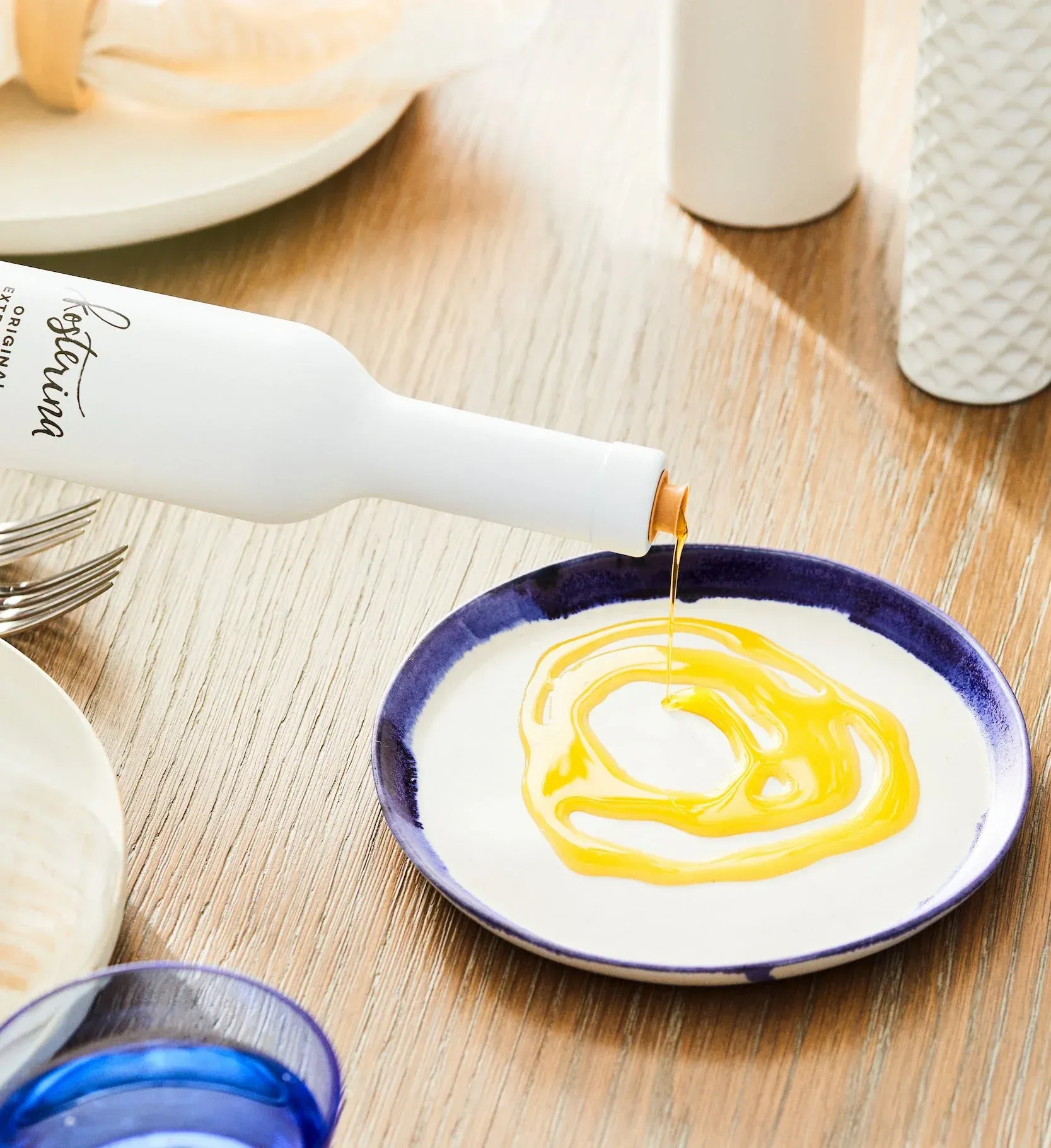Why You’re Always Bloated – And How to Fix It
Bloating isn’t just uncomfortable—it’s a sign that something deeper is going on in your gut. Whether it’s from food intolerances, stress, or an imbalance in your microbiome, chronic bloating can disrupt digestion, energy levels, and overall wellness.
Functional medicine expert Dr. Will Cole breaks down the top reasons for bloating and how to fix them with simple, science-backed solutions.
What Causes Chronic Bloating?
- High-FODMAP Foods & Food Sensitivities Certain foods contain fermentable sugars called FODMAPs, which are hard to digest and can cause gas and bloating. If you’re eating onions, cabbage, apples, beans, or rye and feel bloated afterward, you may have a FODMAP intolerance.
- Fix it: Try a low-FODMAP diet by eliminating high-FODMAP foods for a few weeks and gradually reintroducing them to identify triggers.
- Hidden Food Sensitivities Common food sensitivities—like gluten, dairy, soy, and eggs—can cause bloating, stomach discomfort, and fatigue.
- Fix it: Follow an elimination diet by cutting out potential triggers for 30 days, then reintroducing them slowly to pinpoint which foods are causing issues.
- Eating Too Fast & Poor Digestion If you eat too quickly or while multitasking, you’re not properly chewing your food, leading to bloating and poor digestion. Rushed eating also causes air swallowing, which increases gas buildup in the gut.
- Fix it: Slow down! Aim for 20-30 minutes per meal, chew thoroughly, and eat in a calm environment.
- Irregular Eating & Sleeping Patterns Did you know your gut microbiome follows a circadian rhythm? Eating and sleeping at inconsistent times disrupts gut bacteria balance, making digestion less efficient and causing bloating.
- Fix it: Maintain a consistent meal schedule and avoid late-night snacking to allow your microbiome to reset.
- Chronic Stress & The Gut-Brain Connection Stress triggers the gut-brain axis, shifting the body into “fight-or-flight” mode, which slows digestion and causes bloating. If you’re eating during stressful meetings or on the go, your gut may not be properly processing food.
- Fix it: Try deep breathing exercises before meals—like the 4-7-8 breath method—to activate the parasympathetic nervous system and support digestion.
- Artificial Sweeteners & Sugar- Free Foods Many sugar-free products contain sugar alcohols like xylitol and sorbitol, which are hard for the gut to digest. These ferment in the intestines, causing bloating and gas.
- Fix it: Check ingredient labels and eliminate sugar alcohols for a week to see if your bloating improves.
- Lack of Good Gut Bacteria Your microbiome is filled with trillions of bacteria that play a key role in digestion. Antibiotics, stress, alcohol, and poor diet can deplete good gut bacteria, leading to bloating and digestive discomfort.
- Fix it: Support your gut with probiotic-rich foods (like yogurt, sauerkraut, and kimchi) or take a high-quality probiotic supplement to rebalance your microbiome.
- SIBO (Small Intestinal Bacterial Overgrowth) SIBO happens when bacteria that should be in the large intestine migrate to the small intestine, where they ferment food and cause excessive bloating.
- Fix it: If you have chronic bloating, gas, or discomfort after eating, ask your doctor for a SIBO breath test to measure bacterial overgrowth.
Daily Dose’s Approach to Better Digestion
If bloating is a constant struggle, food is your best medicine. The Ketotarian Meal Plan by Dr. Will Cole, available through Daily Dose, is designed to:
- Support gut health with clean, plant-forward ingredients
- Reduce inflammation with low-FODMAP, anti-inflammatory foods
- Optimize digestion and energy with healthy fats and fiber
Healing your gut starts with what’s on your plate. Try our science-backed meal plans and experience better digestion, more energy, and fewer cravings.

Shop
Meal Plans and Programs
Gift Card
Refer a Friend
Frequently Asked Questions
My Account
Contact Us
We will get back to you as soon as possible.
Please try again later.


